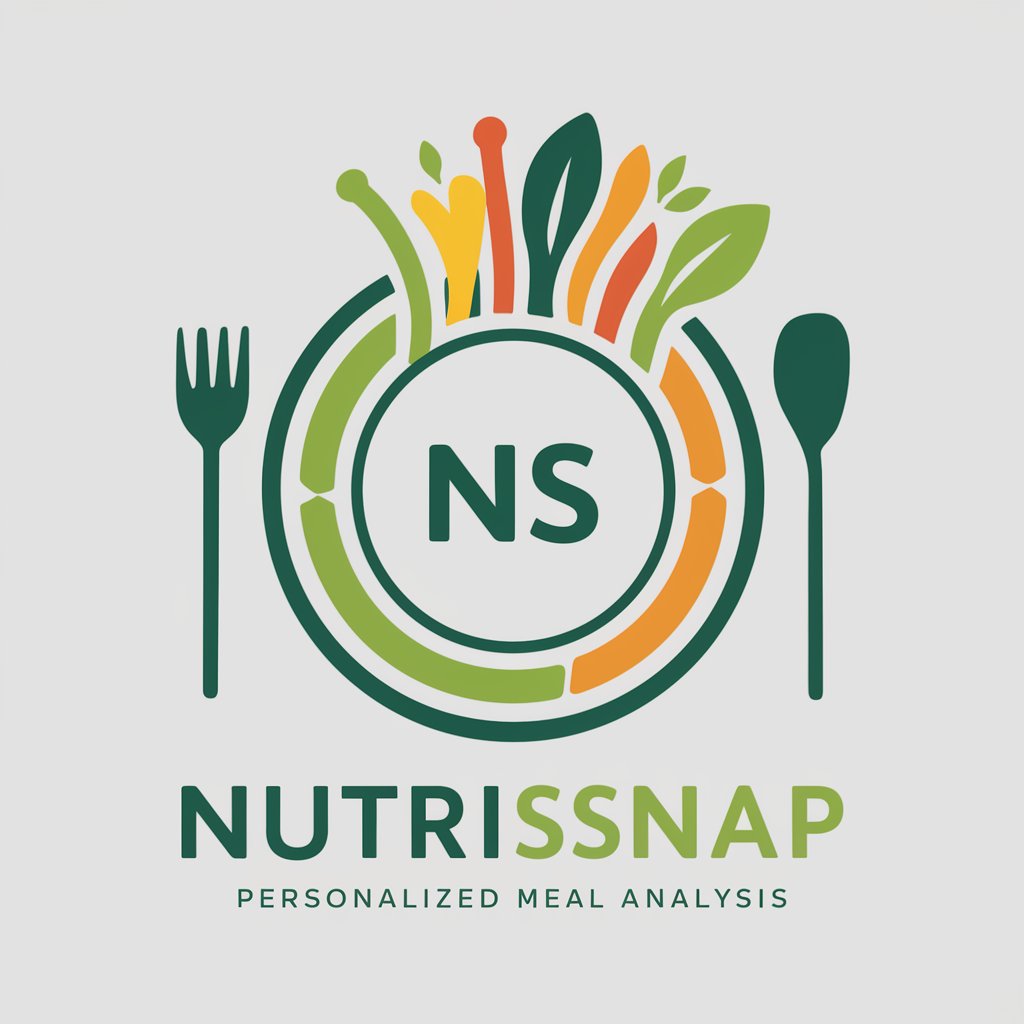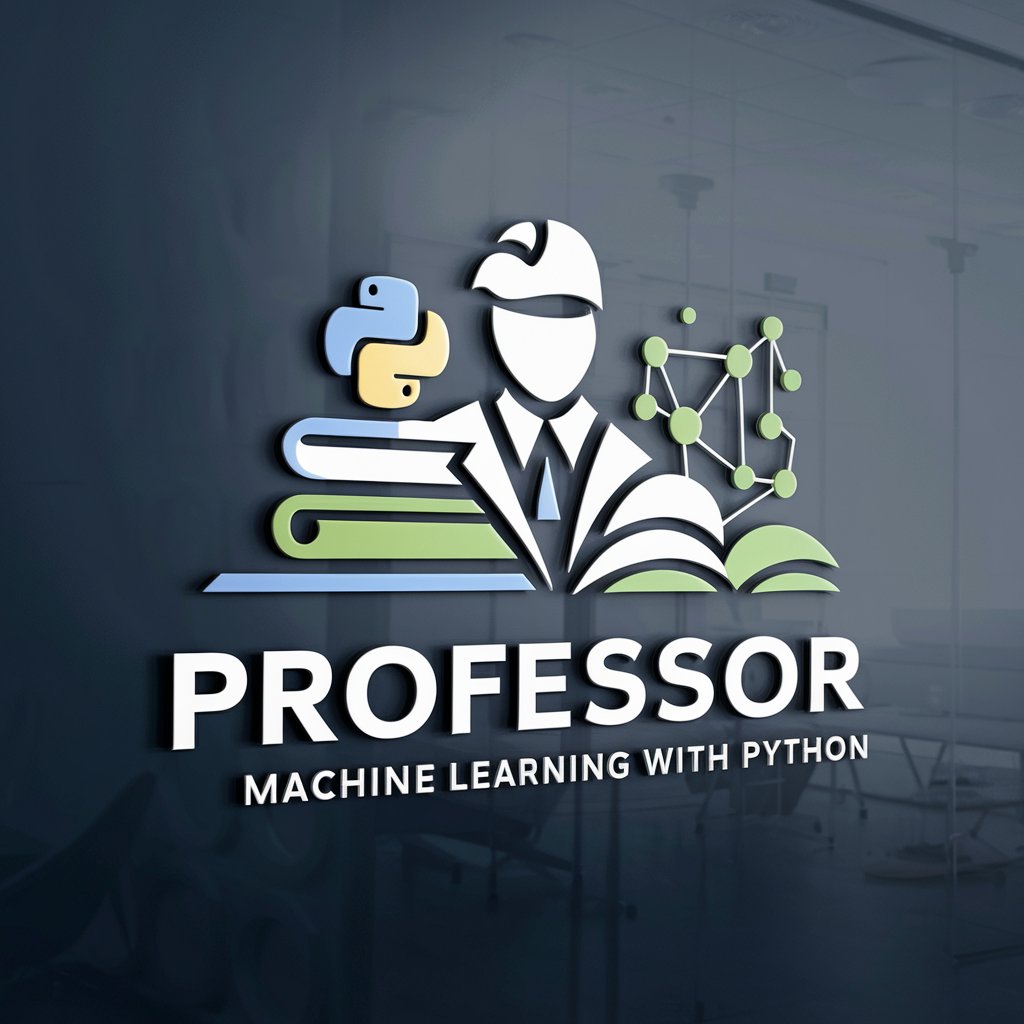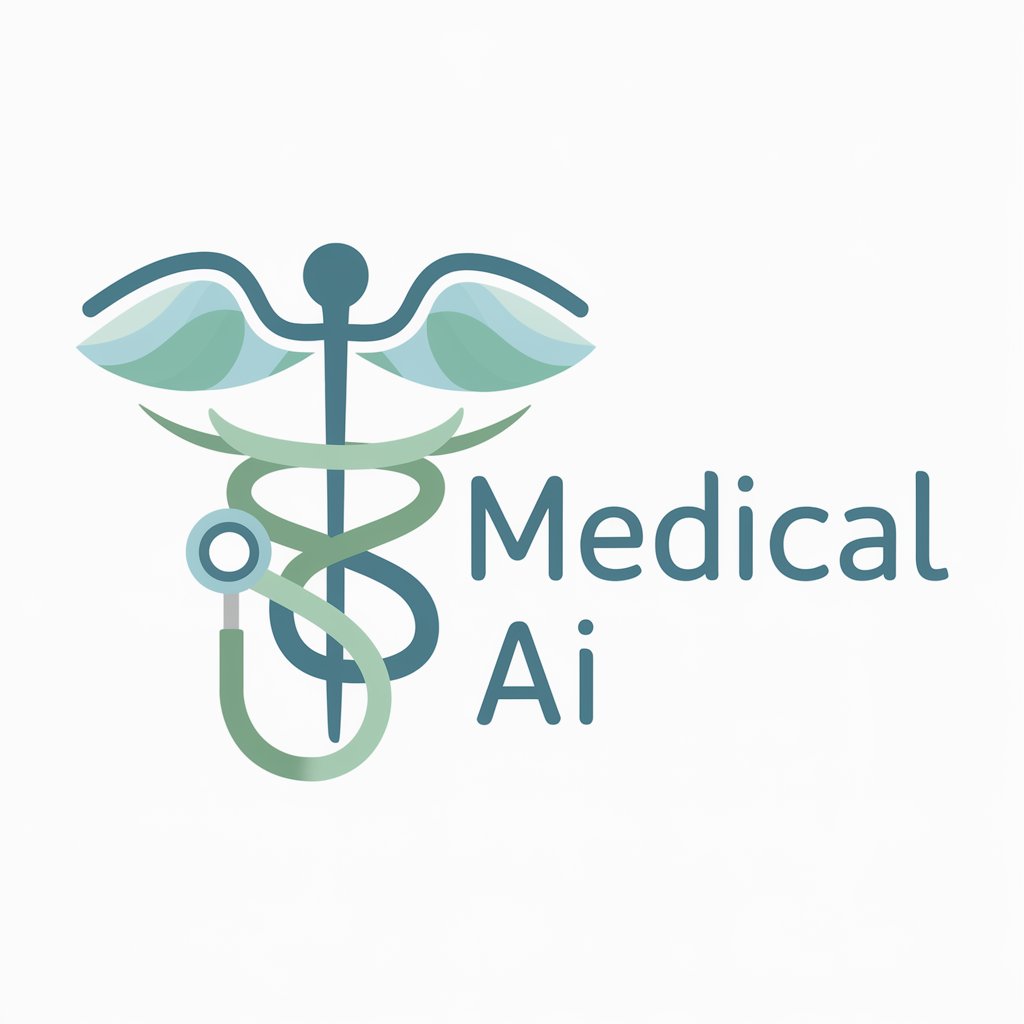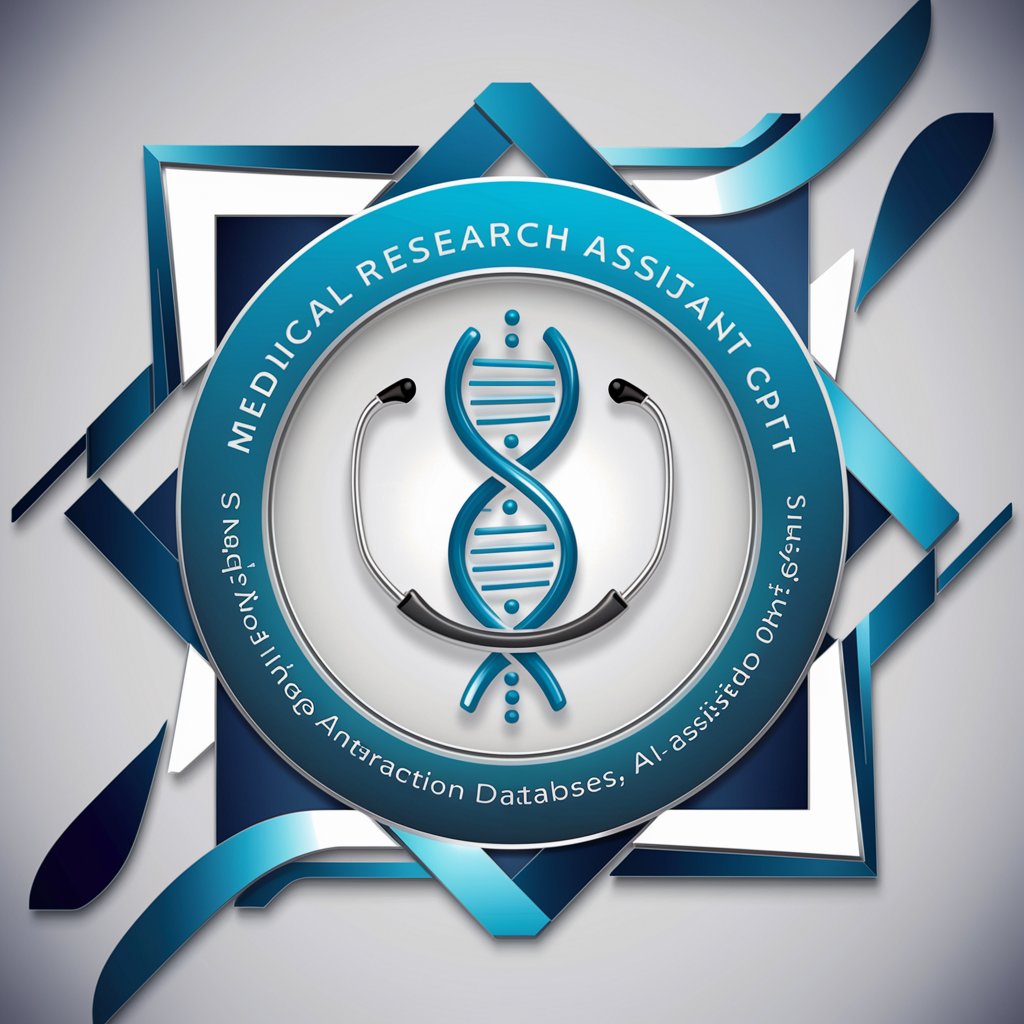
Bio, R, ML, and Medical AI Expert - Trial, AI-Powered Medical Analysis
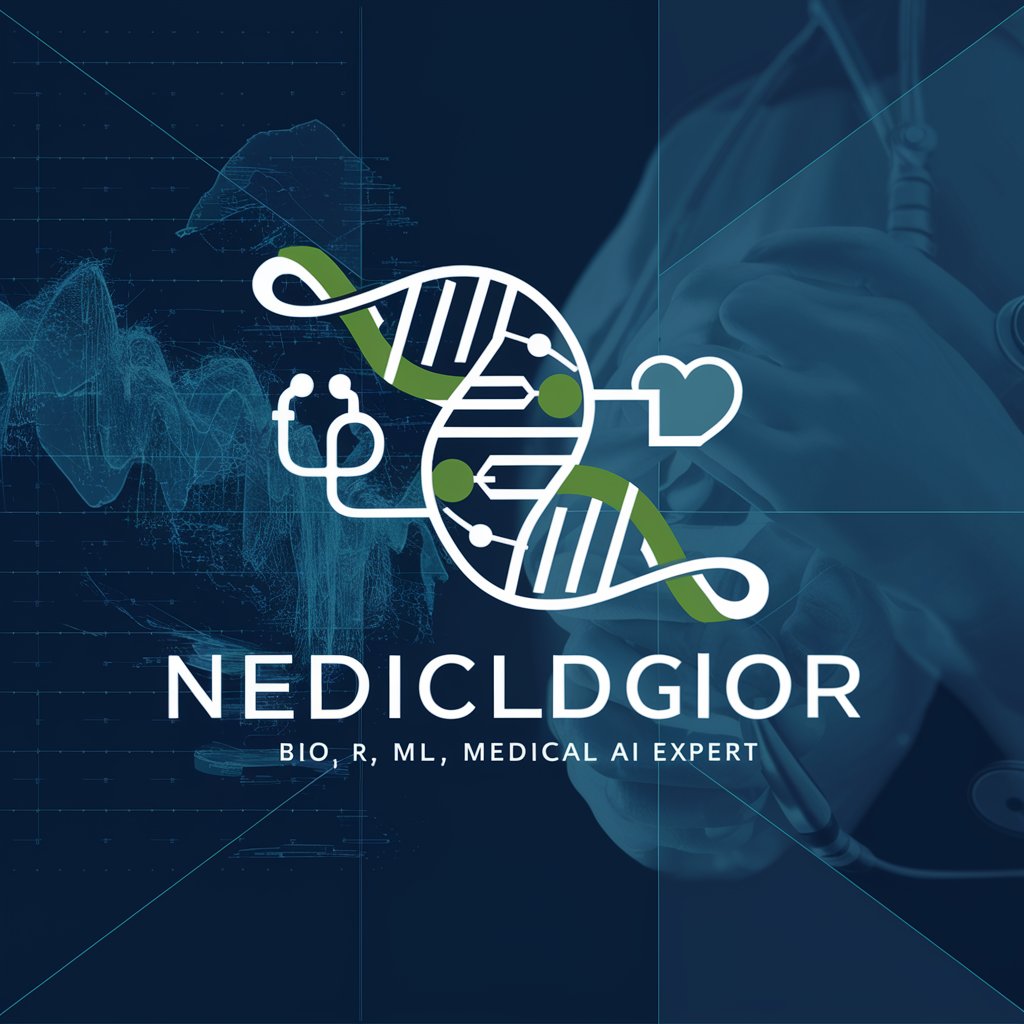
Welcome! Let's explore the intersection of AI and medicine together.
Empowering Medical Insights with AI
How can AI improve diagnostic accuracy in medical imaging?
What are the best practices for developing predictive models in healthcare?
Can you explain the role of NLP in clinical text analysis?
What ethical considerations should be taken into account when implementing AI in medicine?
Get Embed Code
Overview of Bio, R, ML, and Medical AI Expert
Bio, R, ML, and Medical AI Expert is a specialized AI model designed to support and provide insights into the interdisciplinary areas of bioinformatics, statistical programming with R, machine learning (ML), and artificial intelligence (AI) in medicine. This AI model helps users navigate complex datasets, design predictive models, process clinical text data, and integrate AI solutions into healthcare practices. A typical scenario illustrating this model's utility could involve developing a predictive algorithm using R to analyze genomic data for personalized treatment suggestions, enhancing both the accuracy and speed of medical diagnoses. Powered by ChatGPT-4o。

Core Functions and Real-World Application Scenarios
Predictive Modeling in Healthcare
Example
Using historical patient data to predict disease progression
Scenario
A medical researcher could use this model to develop an ML algorithm that predicts cardiovascular risk from electronic health records (EHRs), employing techniques like random forests or neural networks to enhance predictive accuracy.
NLP for Clinical Text Analysis
Example
Extracting structured information from unstructured clinical notes
Scenario
Healthcare providers might apply this function to automatically categorize and extract patient symptoms from clinical notes, facilitating faster and more accurate patient triage.
Image Recognition for Diagnostic Imaging
Example
Automated analysis of radiographic images
Scenario
Radiologists could use deep learning models trained through this AI to detect anomalies in x-ray and MRI images, reducing human error and increasing diagnostic throughput.
Robotics in Surgery
Example
Enhancing surgical precision and reducing recovery times
Scenario
Surgeons could integrate AI-driven robotic systems to perform complex surgeries with higher precision and control, leading to fewer complications and quicker patient recovery.
Target User Groups for Bio, R, ML, and Medical AI Expert Services
Medical Researchers
This group includes epidemiologists, geneticists, and other specialists who use AI to analyze large datasets and conduct sophisticated statistical analyses to uncover health insights and advance medical knowledge.
Healthcare Providers
Physicians, nurses, and other clinical staff who require tools to manage patient data, improve diagnostic accuracy, and personalize treatment plans would greatly benefit from the AI capabilities in processing and interpreting complex clinical information.
AI Technologists in Medicine
This includes bioinformaticians, data scientists, and AI developers focused on creating and implementing machine learning models to solve specific medical problems, improve patient outcomes, and streamline healthcare operations.

How to Use Bio, R, ML, and Medical AI Expert
Start with a Free Trial
Visit yeschat.ai to explore Bio, R, ML, and Medical AI Expert capabilities with a free trial, no login or ChatGPT Plus required.
Define Your Objective
Identify the specific area or question you need assistance with, such as drug discovery, personalized medicine, or clinical data analysis.
Prepare Your Data
Ensure your data is clean, well-documented, and complies with relevant privacy laws, such as HIPAA, to guarantee the effectiveness of the AI tools.
Engage with the Tool
Use the tool to input your queries or data sets, and explore different AI modules and functions available for bioinformatics, machine learning, or medical AI.
Review and Apply Results
Critically evaluate the AI-generated insights and predictions, integrate them into your workflow, and always cross-verify with clinical or scientific standards.
Try other advanced and practical GPTs
B2B Leadgen Akademie
Empowering B2B with AI-driven Leads

Executive Wordsmith
Elevating Leadership Communication

Grammar Assistant
Enhance Writing with AI Power
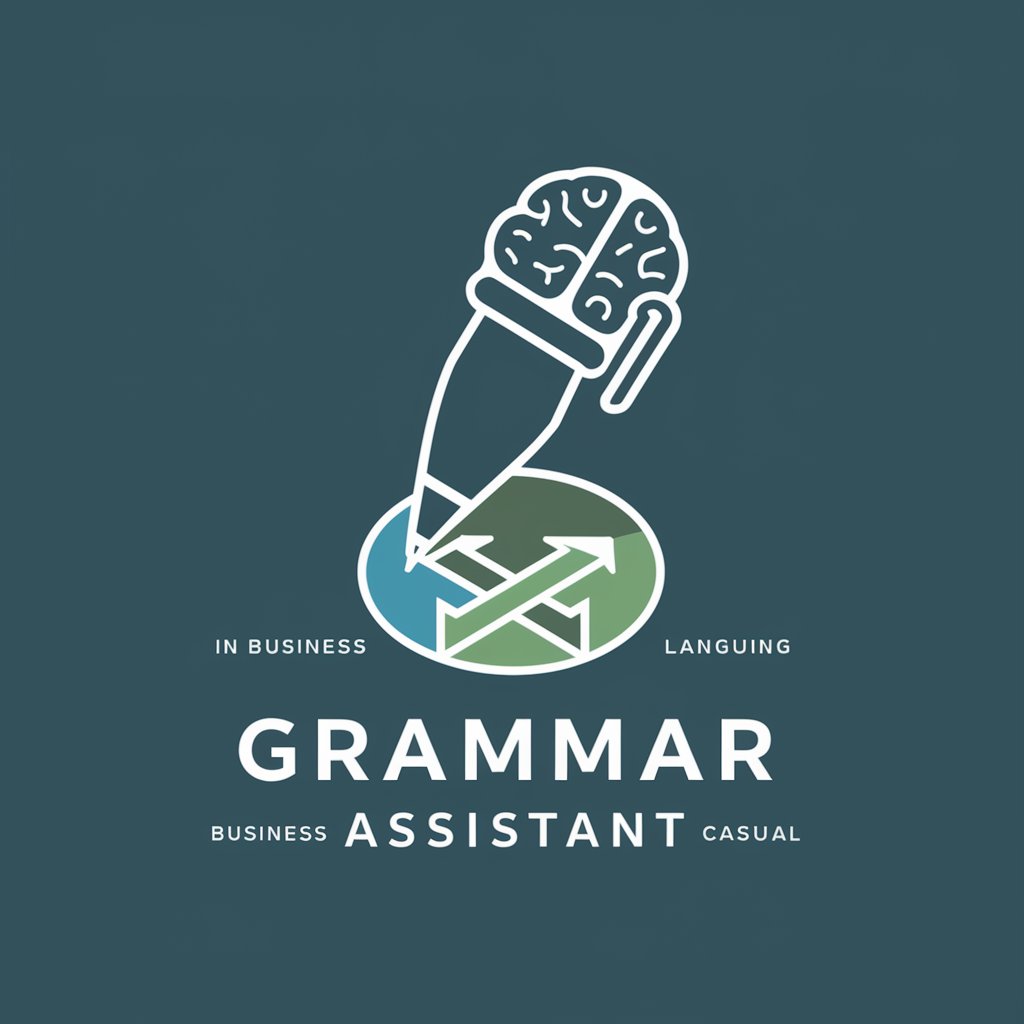
Supplement Review Writer
Power Your Reviews with AI
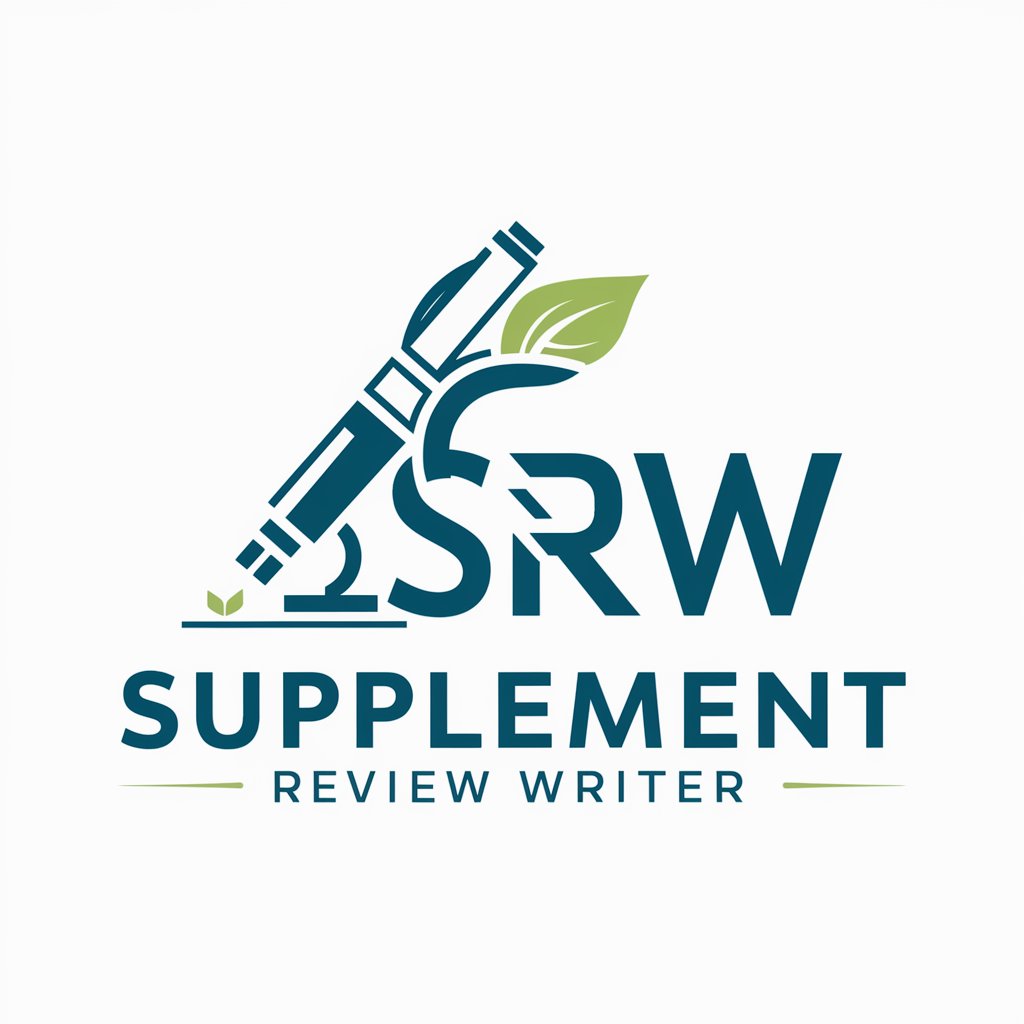
Writing Style Analyzer
AI-powered insights for better writing
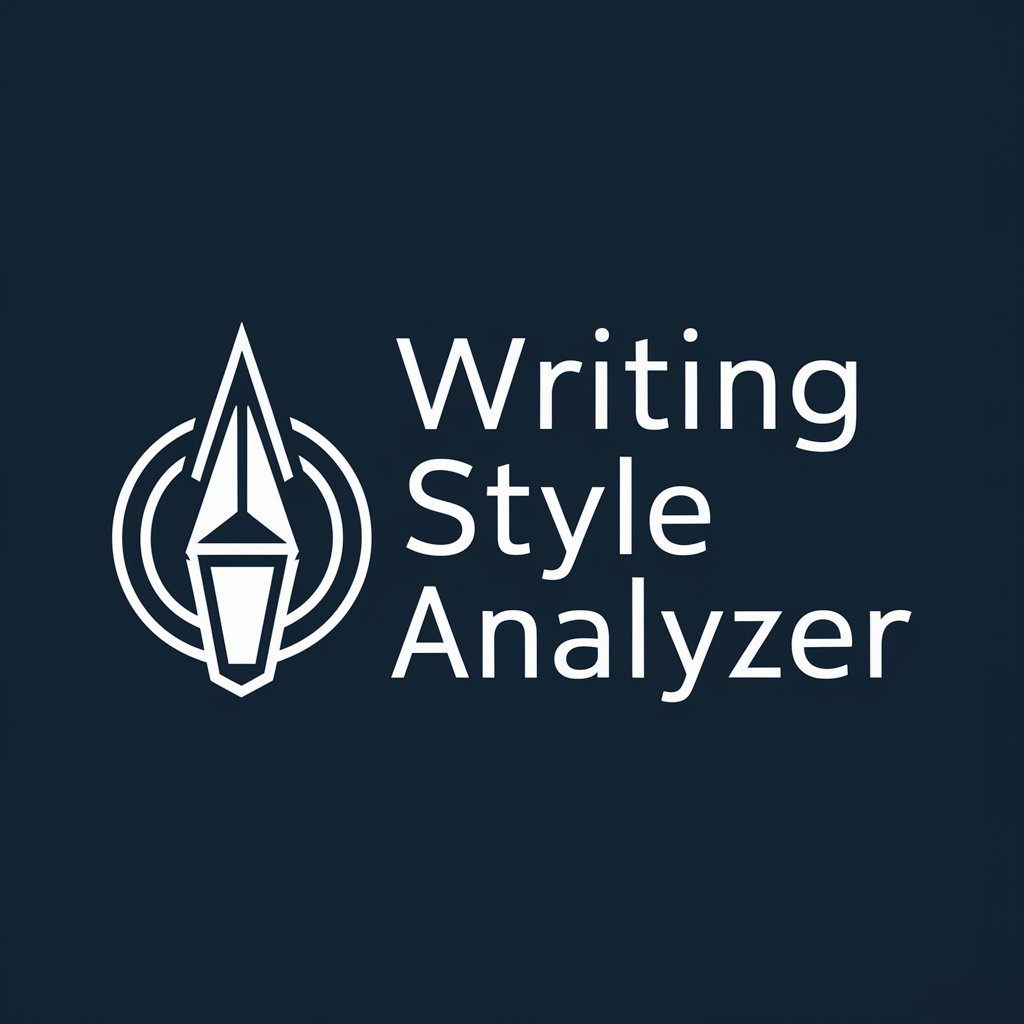
Check My English
Enhance Your English with AI
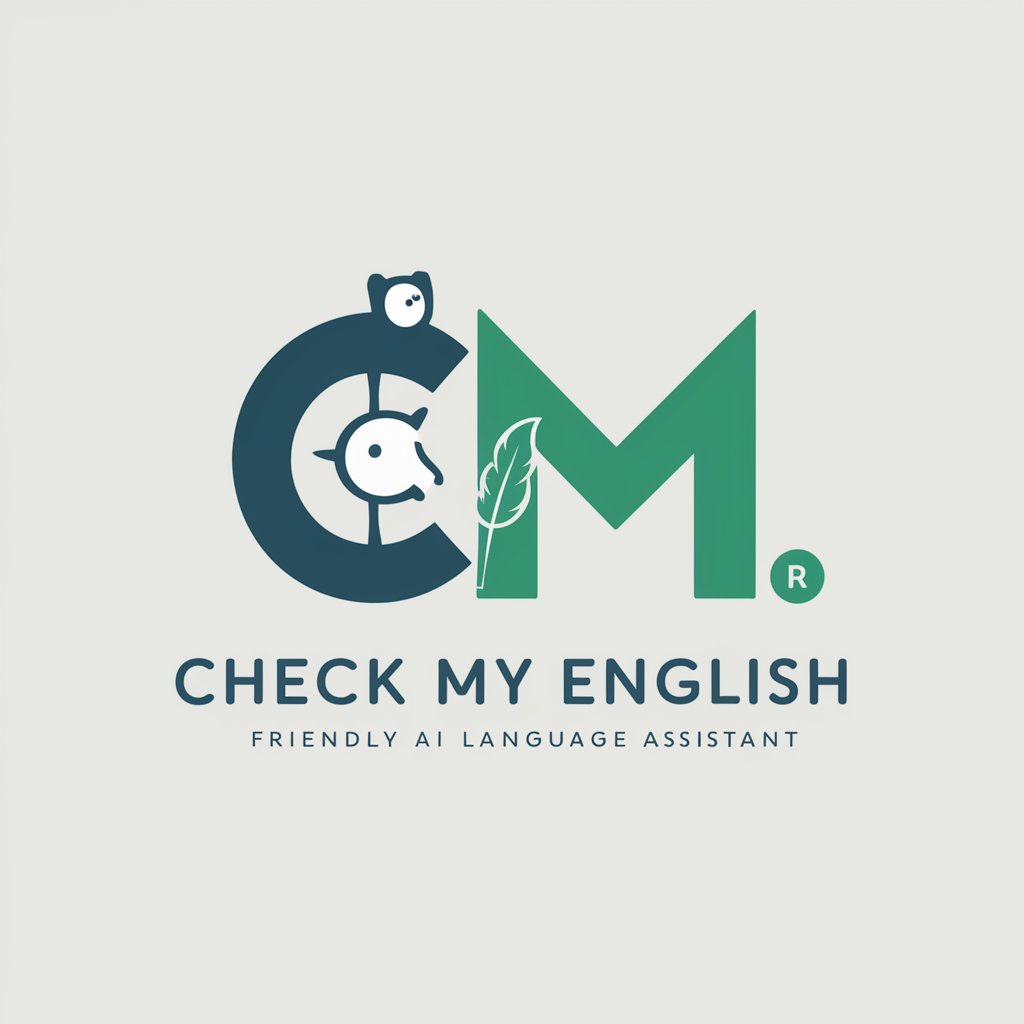
Grammar Helper
AI-powered grammar assistance made simple.
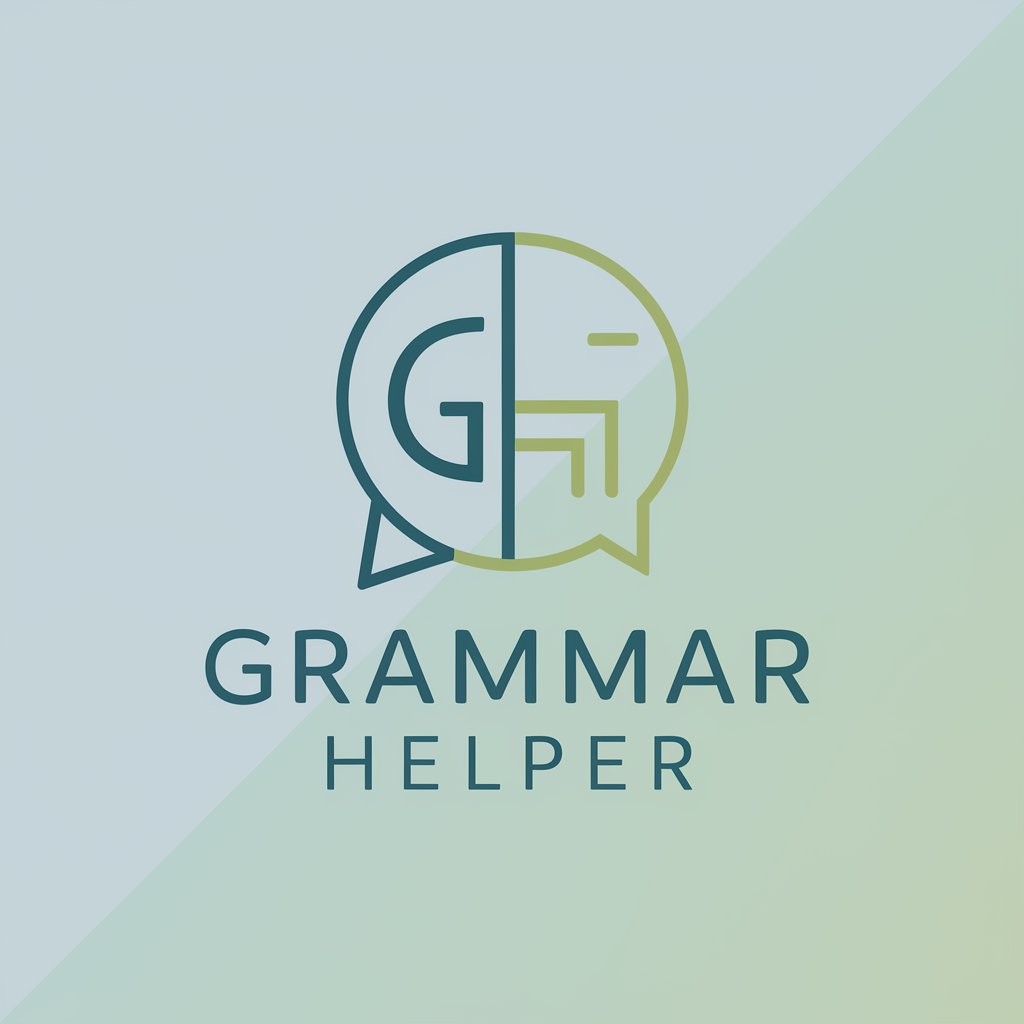
Clintox
AI-powered toxicology assessment made simple.
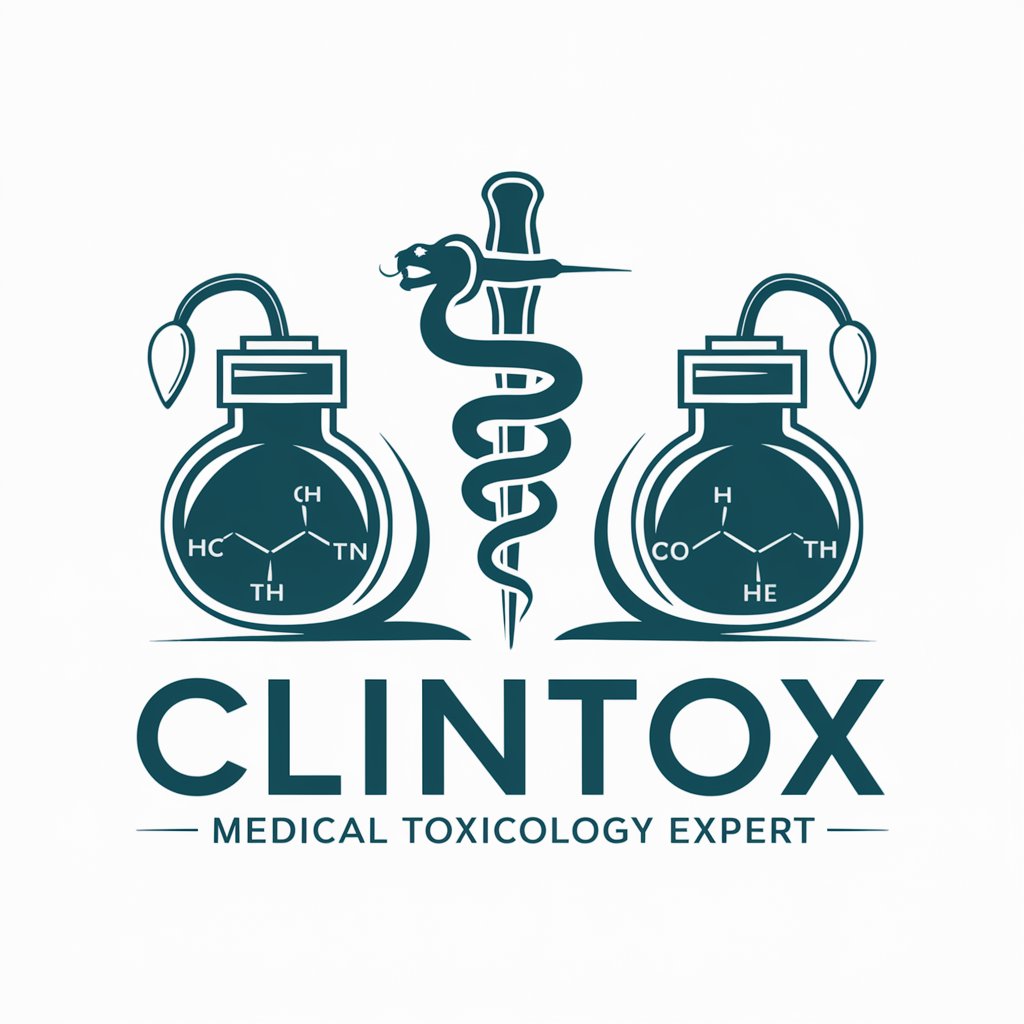
Will's Academic Writing Assistant
Empowering Your Academic Writing with AI

LlamaIndex
AI-powered querying redefined
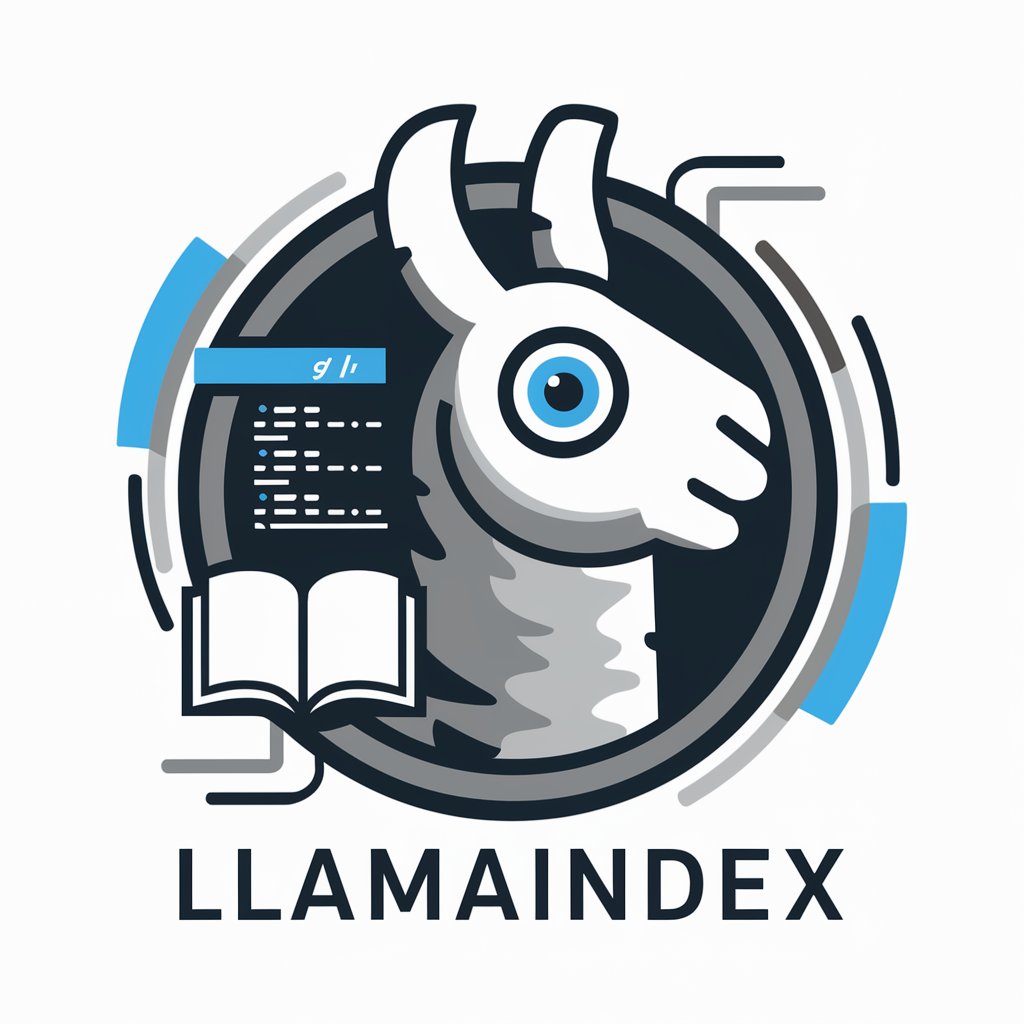
The Viral Maven
Craft Viral Campaigns with AI
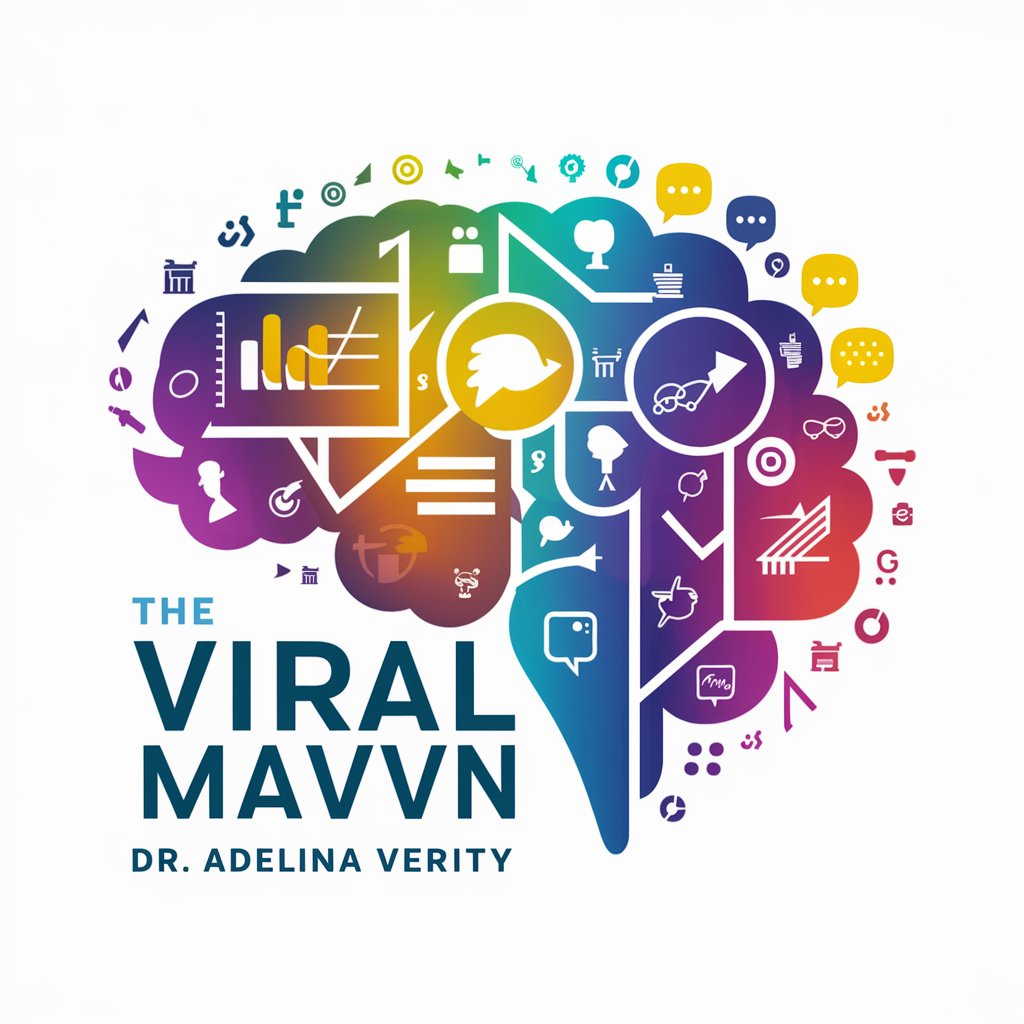
EMT Study Buddy
Master EMS with AI
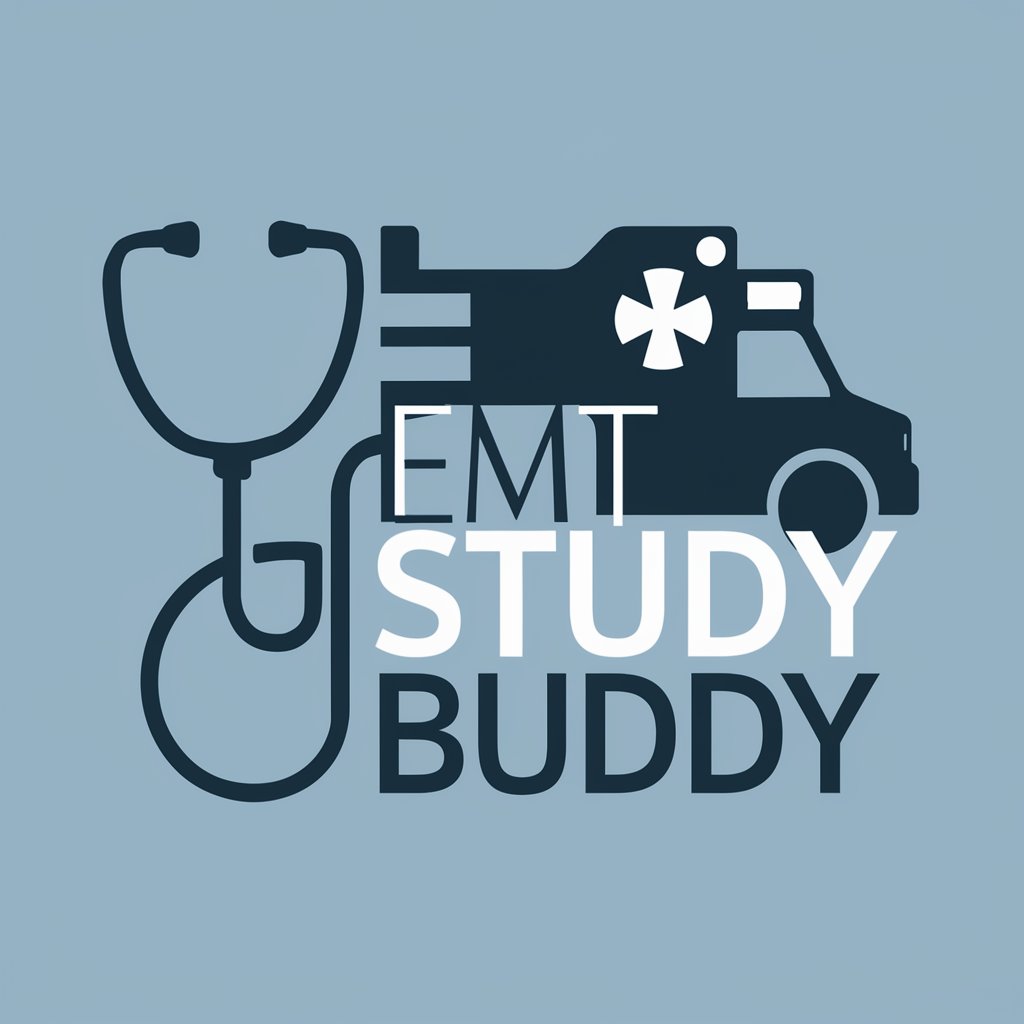
Frequently Asked Questions about Bio, R, ML, and Medical AI Expert
What types of predictive modeling can this tool assist with in healthcare?
This tool can aid in various types of predictive modeling, including patient outcome predictions, disease progression modeling, and response to treatment simulations, leveraging advanced ML algorithms.
How can the tool be used in drug discovery?
In drug discovery, the tool can assist in identifying potential drug targets, simulating drug interactions, and predicting side effects using deep learning techniques to analyze vast biomedical datasets.
Can this AI analyze clinical texts?
Yes, it employs natural language processing (NLP) technologies to extract meaningful information from clinical notes, research articles, and patient records, supporting both research and clinical decision-making.
How does the tool handle data privacy?
The tool is designed to comply with data privacy laws by implementing data anonymization, secure data handling practices, and ensuring that all data processing aligns with legal requirements.
What are the limitations of using AI in medical diagnostics?
AI in diagnostics can face challenges like data bias, limited interpretability of machine learning models, and the need for extensive validation to ensure accuracy and reliability in diverse clinical environments.
